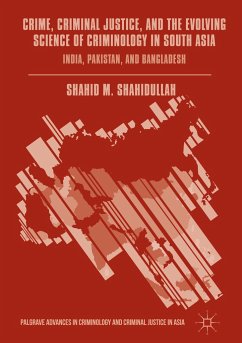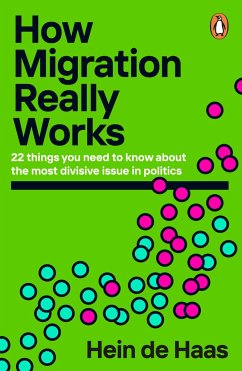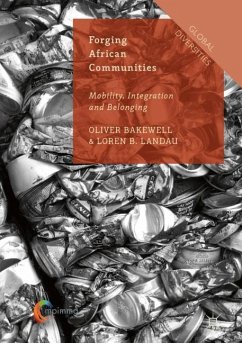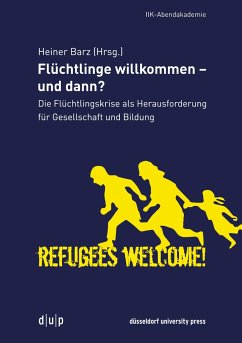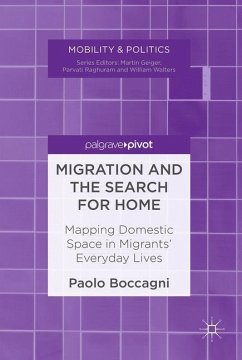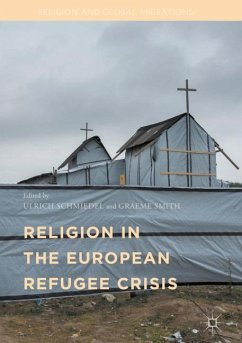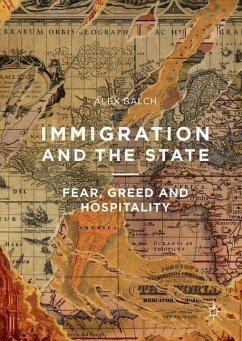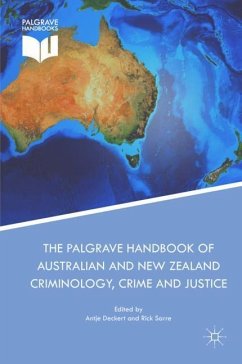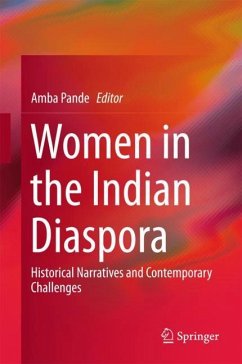
Entrapping Asylum Seekers
Social, Legal and Economic Precariousness
Herausgegeben: Vecchio, Francesco; Gerard, Alison

PAYBACK Punkte
46 °P sammeln!
This book is an interdisciplinary attempt to understand the contemporaneous human condition of asylum seekers through analysis of their entrapment and the resultant new forms of resistance that have emerged to combat it. Based on qualitative research data, the chapters support the claim that asylum seekers are entrapped in social, legal and economic precariousness amidst the complex relationship between individual agency and social structure. By exploring the practices and lived experiences of asylum seekers and other parties involved in their migration and reception, the authors explore the s...
This book is an interdisciplinary attempt to understand the contemporaneous human condition of asylum seekers through analysis of their entrapment and the resultant new forms of resistance that have emerged to combat it. Based on qualitative research data, the chapters support the claim that asylum seekers are entrapped in social, legal and economic precariousness amidst the complex relationship between individual agency and social structure.
By exploring the practices and lived experiences of asylum seekers and other parties involved in their migration and reception, the authors explore the structural and individual agency factors that entrap asylum seekers in precarious livelihoods and lead to marginalization and social exclusion. A bold and timely study, this edited collection will be essential reading for academics and students of criminology, sociology, anthropology, urban studies and social policy.
By exploring the practices and lived experiences of asylum seekers and other parties involved in their migration and reception, the authors explore the structural and individual agency factors that entrap asylum seekers in precarious livelihoods and lead to marginalization and social exclusion. A bold and timely study, this edited collection will be essential reading for academics and students of criminology, sociology, anthropology, urban studies and social policy.





